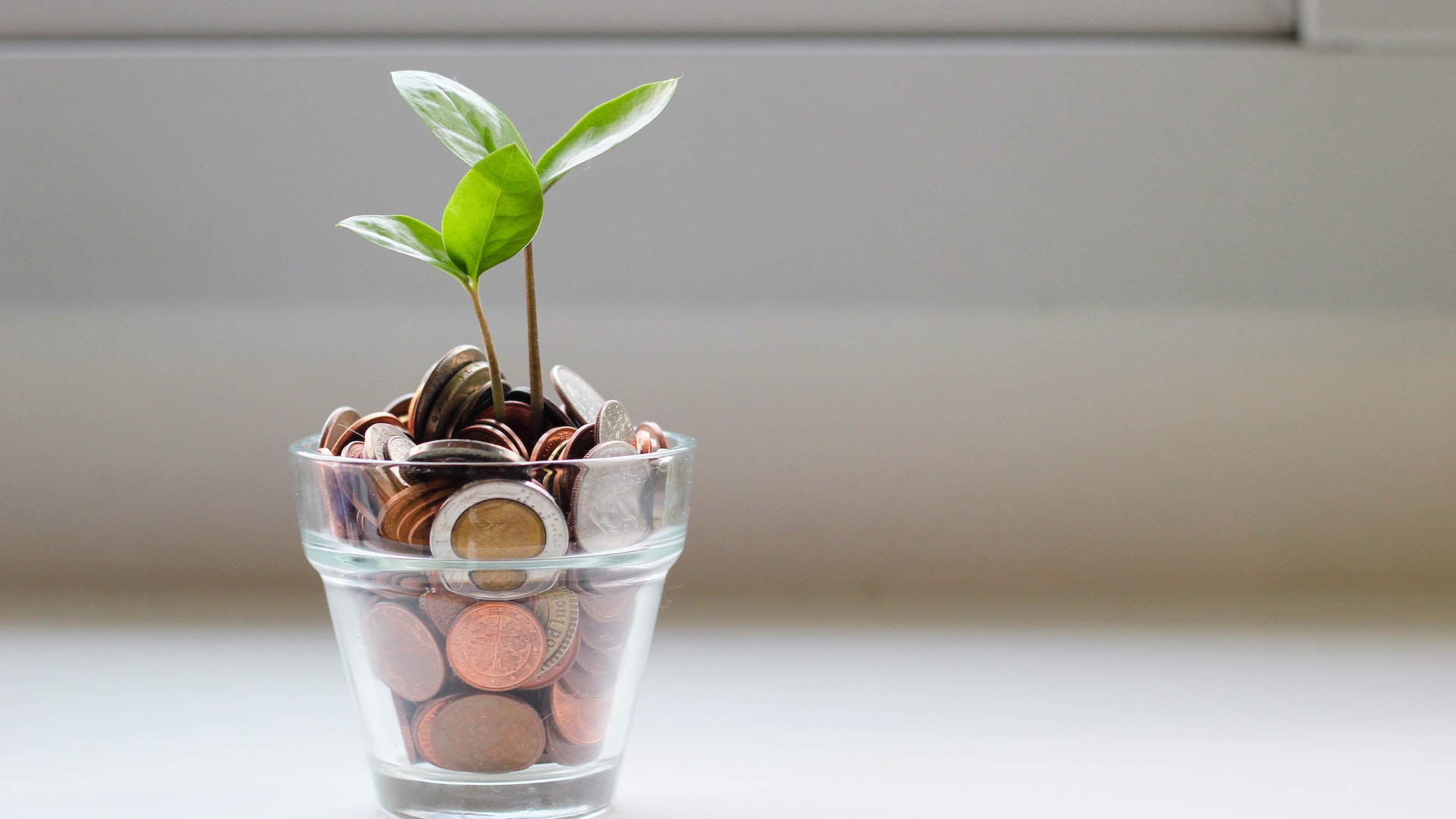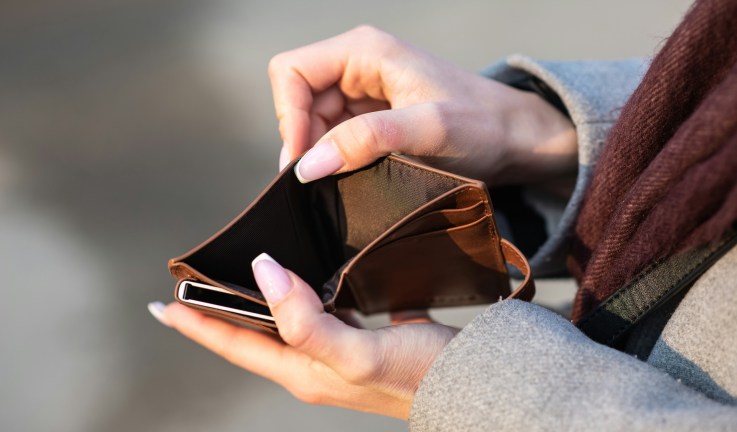Thanks to free app Too Good to Go, you can also enjoy hugely discounted, high-quality food from manufacturers, supermarkets and restaurants – who often inadvertently end up with surplus.
In London, three food redistribution charities – FareShare, City Harvest and The Felix Project – have partnered up as the London Food Alliance to provide a co-ordinated response to emergency food distribution to vulnerable groups. The charities collect or receive surplus food from food businesses, sort it and deliver it to charities, primary schools and holiday programmes in the capital.
All these exciting food waste and sharing innovations have the added benefit of creating green jobs, as our new research into employment in a circular economy attests.
Your support changes lives. Find out how you can help us help more people by signing up for a subscription
Repair broken things
The throwaway culture is a recent invention. It wasn’t that long ago people held onto clothes and household items for years, repairing them whenever they broke – rather than immediately chucking them in the bin and buying new. Thankfully, there’s a growing trend for fixing things once more.
Repair shops are popping up all over the country. Often, their staff can mend items more cheaply than the cost of buying something new. For electronics, The Restart Project signposts more than 200 vetted repair businesses.
Advertising helps fund Big Issue’s mission to end poverty
When it comes to clothes, Save Your Wardrobe is a free app that helps you make the most of your wardrobe – by providing tips on creative styling, buying less and getting clothing repaired.
Buy second-hand
Cheap, fast fashion is an environmental no-no. Preloved is the way forward. You can find so many great bargains – often unique outfits that no one else will be wearing – and be able to afford more premium brands than if you buy new.
As well as high street charity shops – like those belonging to the British Red Cross and British Heart Foundation – you can find lots of great deals online.
Thrift+ is a marketplace for second-hand clothing that’s been checked to make sure it’s in good condition. Reyooz is an online seller of second-hand furniture that’s come from office clearances. BackMarket is the site for refurbished electrical devices, like smartphones and laptops, sold with a 12-month guarantee.
Get the latest news and insight into how the Big Issue magazine is made by signing up for the Inside Big Issue newsletter
Rent stuff
Around 80% of household items are used less than once a month. Yet most of us don’t have the space or the money for a collection of household tools, gadgets or gizmos. It’s also a terrible waste of greenhouse gas emissions to buy something like a drill or a wallpaper stripper and then leave it languishing in a cupboard.
Advertising helps fund Big Issue’s mission to end poverty
Thankfully, there’s a new trend for renting things we only need now and again. A good place to start is the Library of Things, where you can borrow useful items – like steam cleaners and sewing machines – for only 5% of the cost of buying new.
You can even rent clothes. The Little Loop is a kids’ clothing rental service that allows parents to keep swapping their children’s clothes for new ones as they grow – saving up to £1,000 per year.
In these testing times, there are lots of creative ways to watch your pennies and cut your carbon footprint. It’s all about sharing, repairing, reusing, borrowing and renting. Living a greener life really doesn’t have to cost the Earth. It can be a little win for both your wallet and the planet.
Wayne Hubbard is chief executive officer of ReLondon.









